Following our top 50 films of 2019, we’re sharing personal top 10 lists from our contributors. Check out the latest below and see our complete year-end coverage here.
The mild, sedately humming anxiety of a decade’s end yields innumerable ideas, most pertinent to this list being the inclusion of festival premieres currently awaiting theatrical release. An exceptional desire to leave the 2010s runs concurrent with the realization that many fresh offerings are sans whatever spark gets something here, and if the brand-new film you saw this year exemplified much of what you’re seeking every time you even bother taking a chance, well, rules both real and imagined shall be foregone. That slack response is both the cinema and me, but I retain immense excitement for the 2020s–less about those I love continuing than one whose name currently means zero becoming a front-center fixture within ten years that will round out much faster than we expect, realize, or hope.
Were I feeling more adventurous I might’ve broken the feature-length mold and given places to (in the interest of naming only a few) Sara Cwynar’s Red Film, Adinah Dancyger’s Moving, and Bill Hader’s “ronny/lily” episode of Barry. Recalling these fills me with regret, yet: I file these words on December 31, and if there is any one day of a given year in which those feelings are as encouraged as they are simply permissible…
Not that you need me to say so. Thanks for the support prior and henceforth.
Honorable Mentions: Non-Fiction, A Hidden Life, Glass, Domino, Rojo
10. The Wild Goose Lake (Diao Yi’nan)
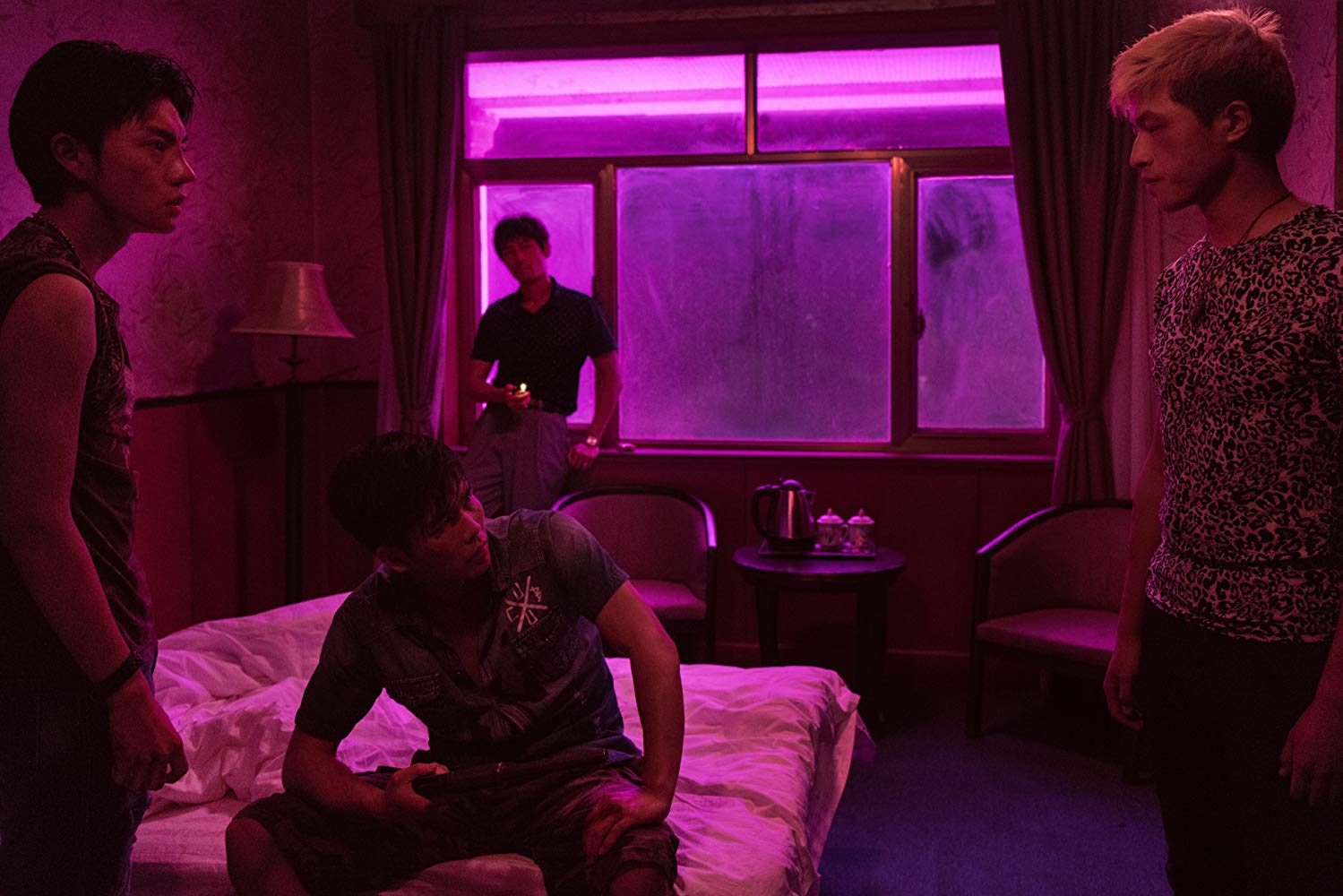
Supposedly cut down last-minute at the behest of state censors, which is to say it barely makes sense and becomes, willingly or not, the rare full-borne crime film opting for dream logic. Though even suggesting that may, with time, show itself as selective editing of my own–I probably just like these gangsters spitting a distinct Wuhan dialect as (temporary) substitutes for bullets, the occasional and graceful splash of neon lighting, a nocturnal motorcycle chase, one particular act of violence I’ve never seen elsewhere. Sound good? Kindly note: coming to America in 2020.
9. Ash Is Purest White (Jia Zhangke)
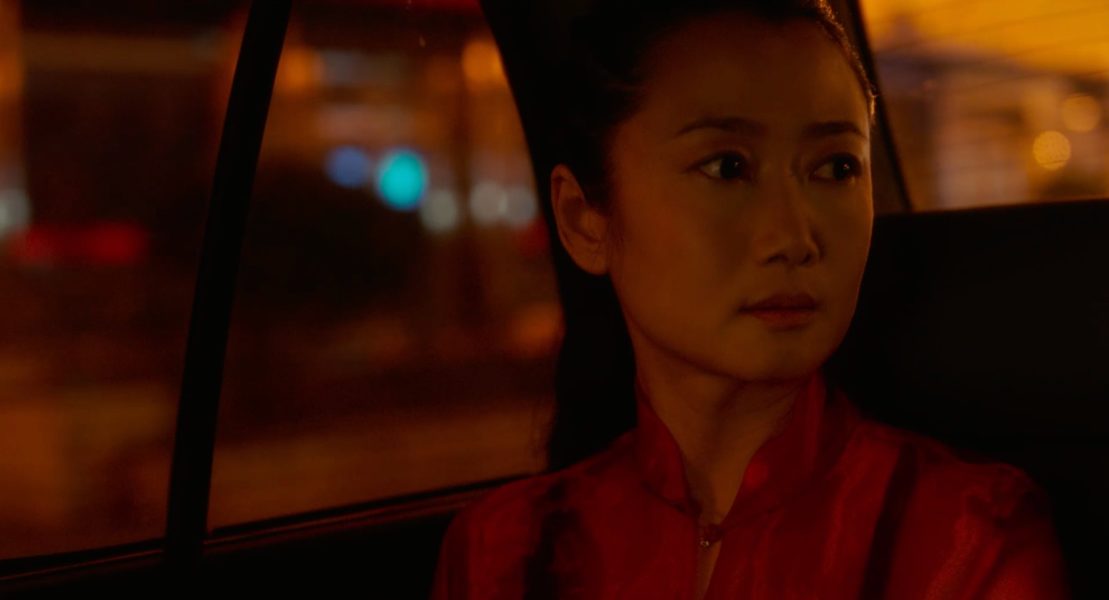
A ravishing encapsulation of Chinese life and systems, obviously. And the stretch between a phenomenal street-combat sequence and a reunion between lovers–so: the stretch where Jia Zhangke implies he’s a great fan of Alan Rudolph’s Remember My Name–would be (is?) this year’s best film. If the ensuing is not quite at that level, more indebted to dramaturgy than evolution, alas–it’s common. The force of Ash‘s final image is not.
8. The Plagiarists (“Peter Parlow”)
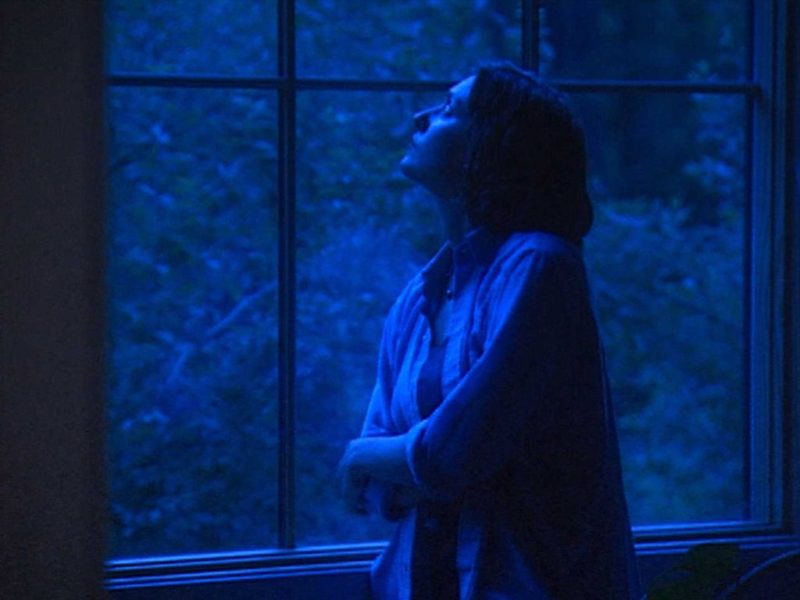
It’s the single funniest “twist”–quote marks mine, probably the movie’s as well–you’ve seen this decade until its troubling implications diffuse forward and backward through all else. This whole experience is a little annoying and its visual style, which I’d approximate as “late-90s / early-00s Comedy Central original programming,” is either Heaven or Hell (you can figure out where I land), and maybe but-that’s-the-point justifications are tired, but: this movie made me realize that everything we verbalize as original thought is someone else’s idea recapitulated for our personal, social, romantic, political, whatever gains, and if you’re ever fully able to shake this, you have my envy.
7. Tommaso (Abel Ferrara)
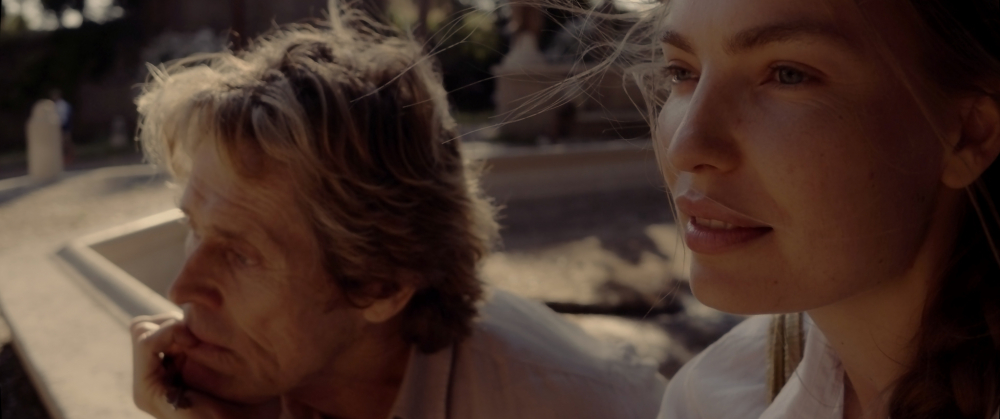
There’s “personal” filmmaking about “something you’re close to.” Then there’s Abel Ferrara casting Willem Dafoe as a director married to a woman, played by Ferrara’s wife, with whom he shares a child played by Ferrara’s daughter. And then you film this couple having sex. And then you force their characters into the pits of marital despair. And then you stage these in your own apartment. And then you, an artist wholly honest about the extents to which you’ve battled addiction, integrate meetings with real, recovering people into the natural order of this protagonist’s physical and emotional reality. In most hands it would prove a grotesque misfire. Instead I came away with greater respect for those I already considered supreme artists.
6. Ad Astra (James Gray)
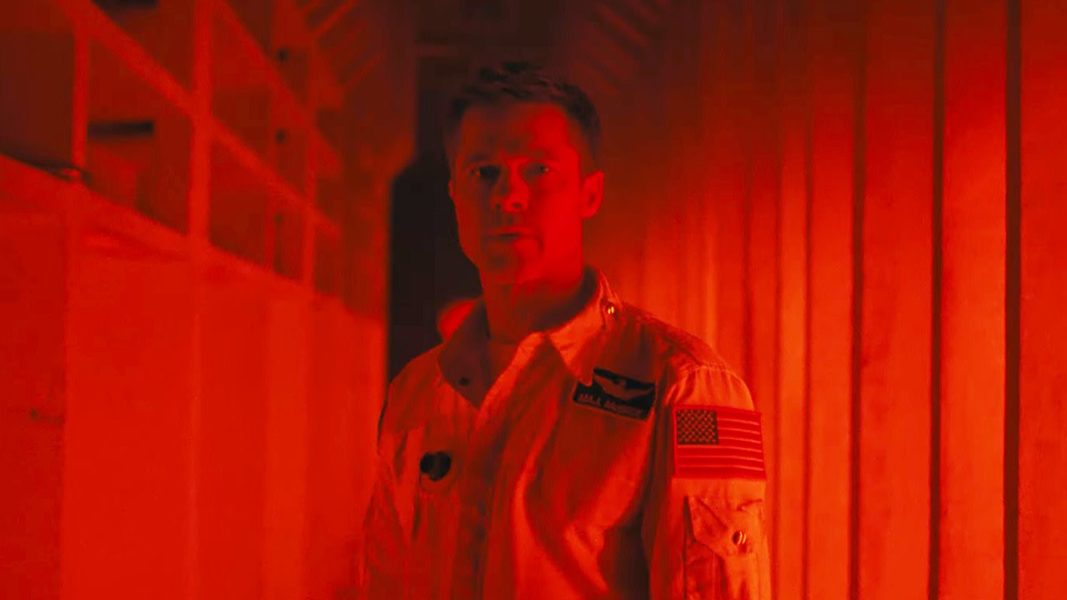
The most enrapturing sensory contact offered by a feature-length movie in 2019, the only I could name with a temperament entirely in-sync with its director’s love of opera and classical music. Which is one way of trying to say, roundabout and sans embarrassment, that it’s a symphony. If your response in the face of all else is to complain about “dialogue” and “themes” you sound like a high-school student.
5. Chained for Life (Aaron Schimberg)
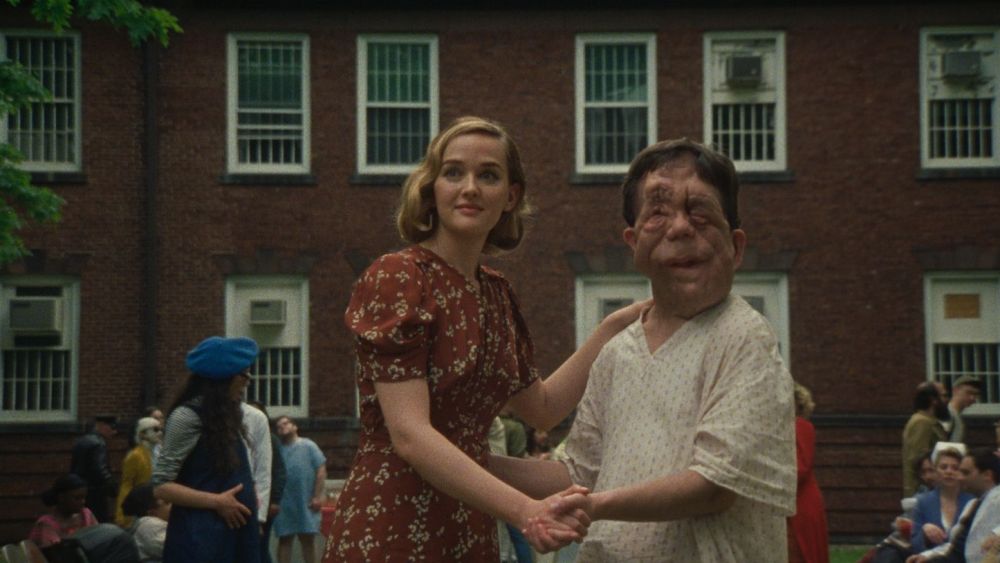
What a pleasure to ask yourself where the fuck something came from. A shotgun-spray approach to formalism without falter or, more importantly in light of its marginalized subjects, misconception. And no small feat to depict voyeurism through a set of rhythms and movements rather than ostentatious concepts of “looking.”
4. Hotel by the River (Hong Sang-soo)

Not that Hong Sang-soo ever makes a bad film, or seems barely capable of doing so, but if I found myself more smitten with his usual tricks—the granularly detailed conversations unspooling in a locked two-shot, the bright tones of its black-and-white palette, the blink-and-you’ll-miss futzes with structure, Kim Min-hee photographed with affection one only reserves for somebody they love—it’s because this is maybe the first since Hill of Freedom (a best-of-decade-level work) that finds new ways to traverse his well-worn emotional landscape.
3. Once Upon a Time… in Hollywood / Transit (Quentin Tarantino / Christian Petzold)
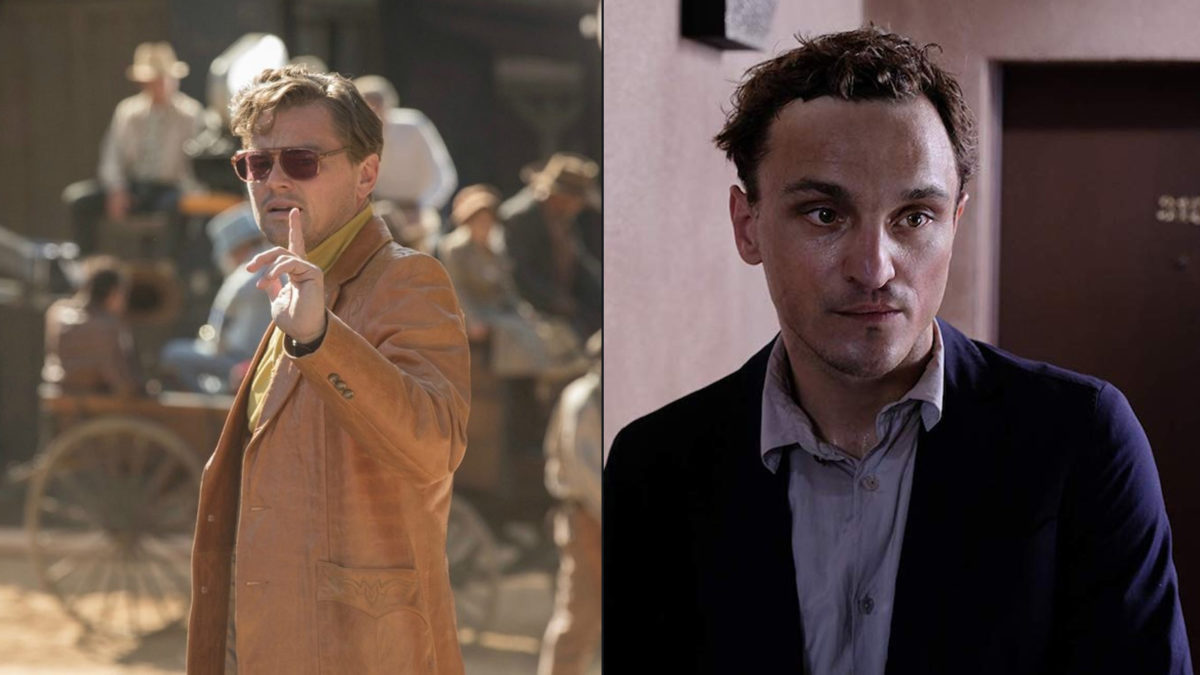
There’s a city in my mind
Come along and take that ride
And it’s all right, baby, it’s all right
And it’s very far away
But it’s growing day by day and it’s all right
Baby, it’s all right
Would you like to come along?
You can help me sing this song
And it’s all right, baby, it’s all right
They can tell you what to do
But they’ll make a fool of you
And it’s all right, baby, it’s all right
2. To the Ends of the Earth (Kiyoshi Kurosawa)
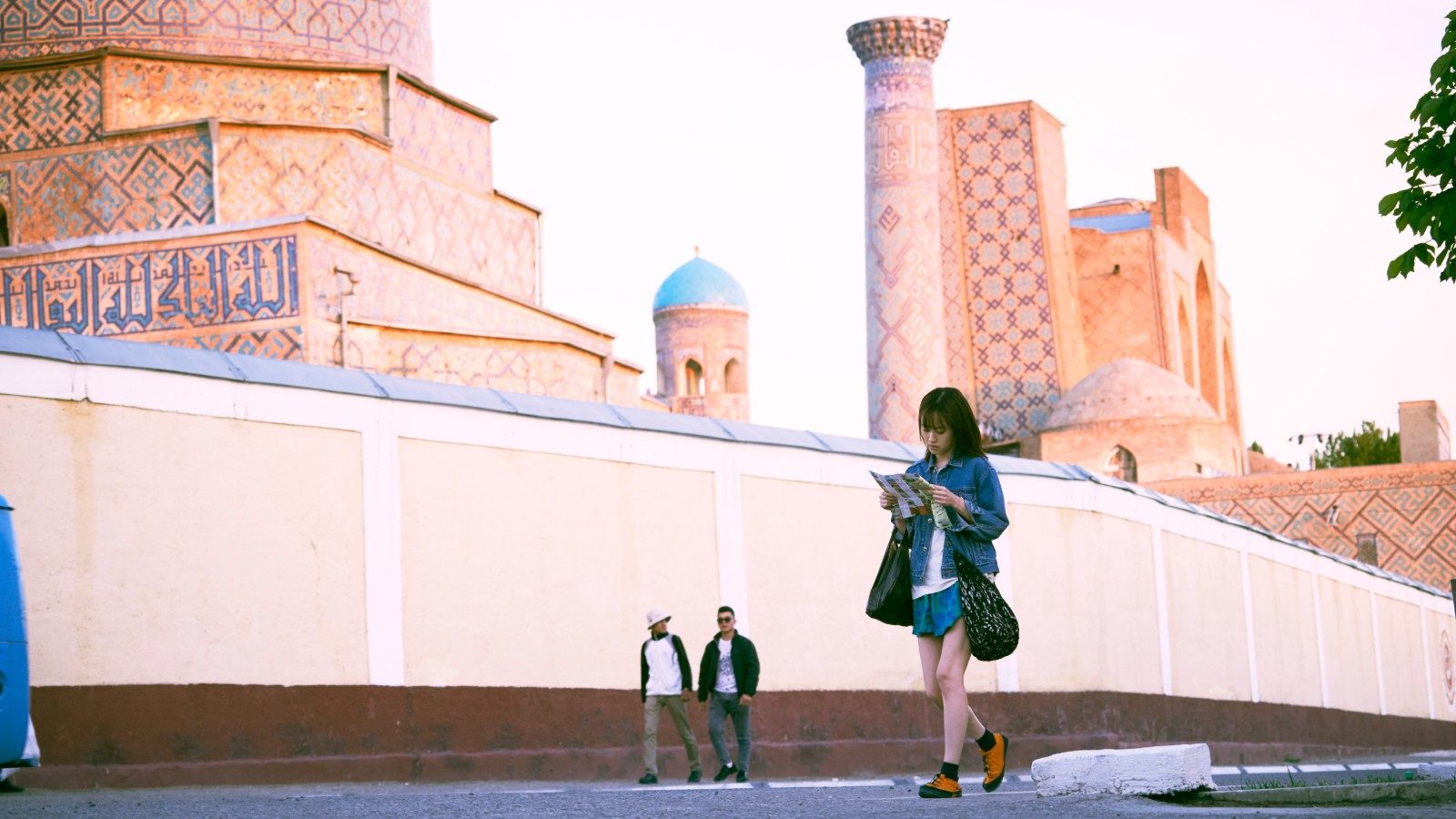
A master practitioner of interior spaces forces himself outside, all the more perversely for a country he’s never filmed. Most filmmakers, even great ones, would use their displacement to gawk and play easy notes about fish-out-of-water life; Kiyoshi Kurosawa instead created a paean to the perpetually lost–rarely has anything in any medium so succinctly captured the constant unease and occasional terror of international travel. Boasts the greatest sequence involving a theme-park ride ever committed to film.
1. Rolling Thunder Revue: A Bob Dylan Story by Martin Scorsese (Martin Scorsese)
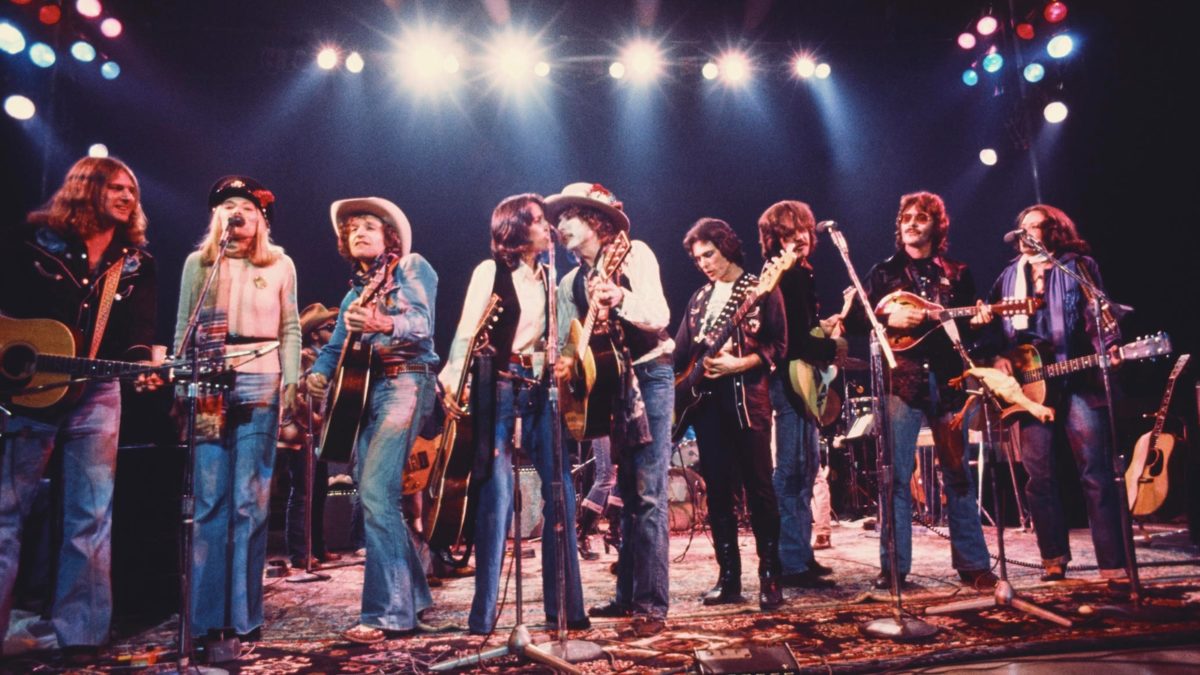
A collage posed as a prank within a historical drama presenting the biographical documentary in comfortable concert-film mold. I suspect. Maybe reverse that order, or rearrange a couple of moving parts, or heed Bob Dylan’s advice: stop following as another would have it told and start seeing something for yourself. Its numerous trickeries inspired, for me, this year’s liveliest debates, and to detractors I always suggest the same: at least allow its total vision of working artists to stun and transport you. Those who remain unmoved are simply not commuting with the same humanity.
